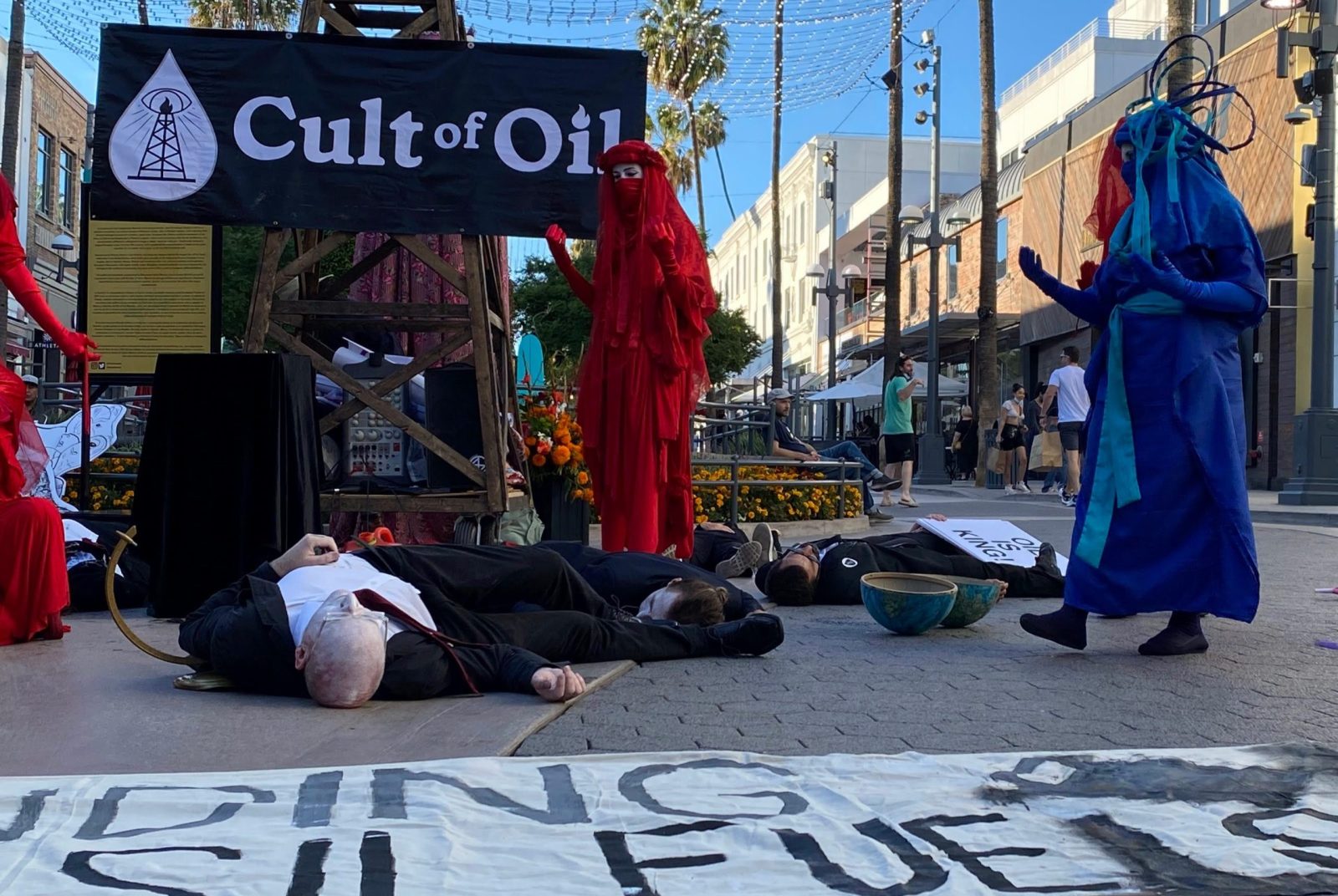One-Dimensional Climate: Los Angeles at the Crossroads of Climate History
Benjamin Kaplan Weinger
Geography
UC Los Angeles
This dissertation examines the rise of urban climate governance in Los Angeles, exploring how the city has attempted to transition to low-carbon urbanism under its Green New Deal. Drawing on 22 months of intensive participant observation and interviews with over 50 municipal climate planners, policymakers, and local activists, my research interrogates the territorial, distributive, and geopolitical dimensions of urban climate transitions. Situating Los Angeles’s climate planning within broader historical and political-economic contexts, this work uncovers how processes of eco-state restructuring, fossil urbanization, and global ecological exchanges have shaped local climate policies.
While Los Angeles positions itself as a global climate leader, this dissertation questions the efficacy of its governance strategies, revealing how territorial carbon accounting and normative climate planning methodologies obscure broader systemic and geopolitical implications, such as ecologically unequal exchange, resource shuffling, and carbon leakage. Through ethnographic observation of daily practices within the Office of Energy and Sustainability and climate networks, the dissertation investigates how urban climate planners define emissions boundaries, allocate responsibility, and contend with competing visions of climate futures. This work contributes to critical scholarship on climate planning, urban governance, and political geography, advancing empirical insights into the contested politics of climate action in high-income, industrialized cities.

